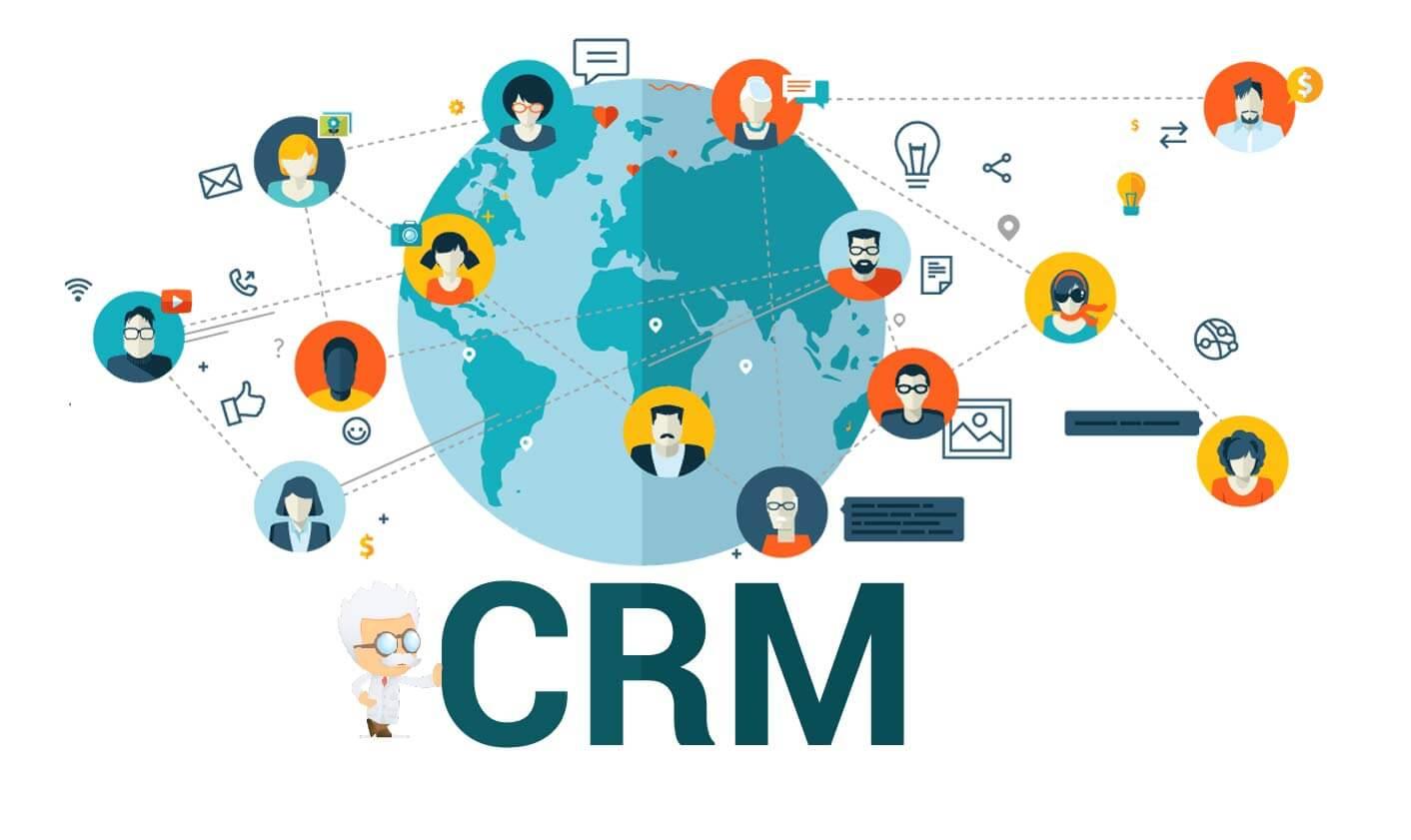Understanding the Core of Modern Business: The Power of Customer Relationship Management

In today's customer-centric economy, the ability to manage and nurture client relationships is paramount. This is the essential function of CRM Software, a technology that allows businesses to manage and analyze customer interactions and data throughout the customer lifecycle. The goal is simple: improve business relationships, assist in customer retention, and drive sales growth. The critical importance of this technology is highlighted by its impressive market trajectory; the industry is projected to expand to USD 156.3 Billion by 2032, advancing at a steady compound annual growth rate of 11.50%. This robust growth signifies a global shift where businesses of all sizes are investing in CRM as the central nervous system for their sales, marketing, and customer service operations.
The functionality of modern CRM software is built upon three foundational pillars: sales, marketing, and customer service. Sales automation tools help teams manage leads, track opportunities, and forecast revenue with greater accuracy, streamlining the entire sales pipeline. Marketing automation capabilities allow businesses to create, manage, and measure targeted campaigns across multiple channels, from email to social media, personalizing communication at scale. The customer service and support module provides a unified platform for managing customer inquiries, tracking cases, and providing timely resolutions, which is crucial for building loyalty and satisfaction. Together, these components create a comprehensive, 360-degree view of the customer, enabling a more cohesive and effective engagement strategy across all touchpoints.
Historically, CRM systems were complex, on-premise solutions that were expensive to purchase and maintain, limiting their adoption to large enterprises. However, the advent of cloud computing has completely revolutionized the landscape. Today, the vast majority of CRM solutions are delivered via a Software-as-a-Service (SaaS) model. This has democratized access to powerful CRM capabilities, making them affordable, scalable, and accessible to small and medium-sized businesses (SMEs) worldwide. Cloud-based CRM offers the benefits of lower upfront costs, automatic updates, and the ability to access customer data from any device with an internet connection, fostering greater flexibility and collaboration for remote and mobile workforces.
Looking ahead, the role of CRM software is evolving from a system of record to a system of intelligence. The next generation of CRM platforms is being deeply integrated with artificial intelligence (AI) and machine learning (ML). These intelligent CRMs can provide predictive insights, such as identifying which leads are most likely to convert, forecasting customer churn, and recommending the next best action for a sales representative to take. By embedding intelligence directly into workflows, CRM software is empowering businesses to not only manage customer relationships but to proactively anticipate their needs, further solidifying its position as an indispensable tool for sustainable business growth.
Explore Our Latest Trending Reports:
- Art
- Crafts
- Dance
- Wellness
- Movie & Television
- Adult Entertainment
- Fitness
- Food
- Spiele
- Gardening
- Health
- Startseite
- Literature
- Music
- Business & Finance
- Religion
- Shopping
- Sports
- Theater
- Drinks
- Andere



